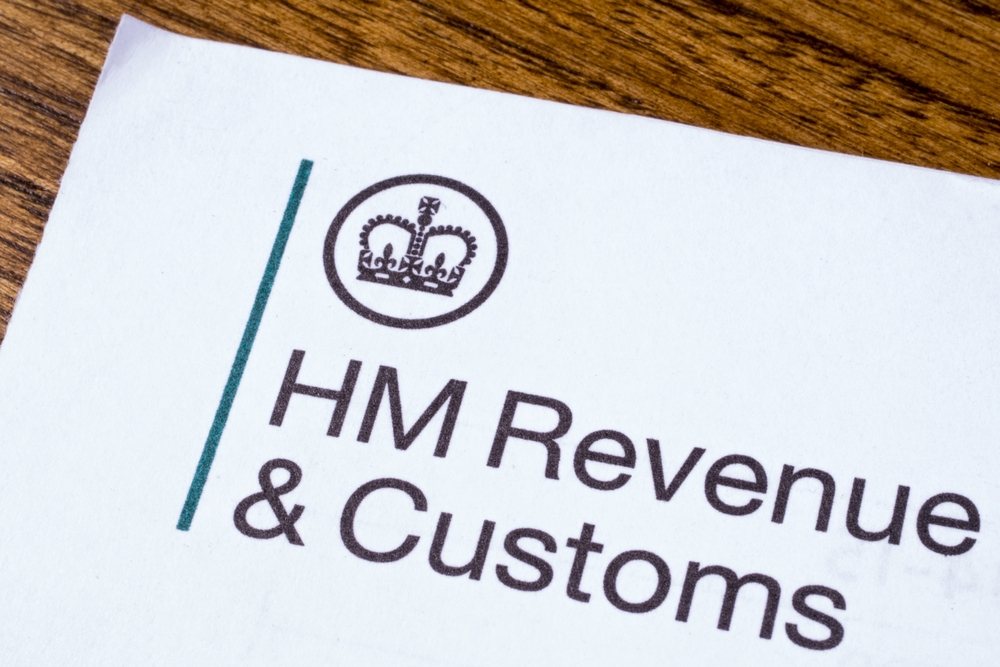The cut-off date for finalising settlement agreements with HMRC for individuals and companies that have used employee benefit trusts (EBT”) and other disguised remuneration (“DR”) tax planning involving loans is 30 September 2020. Tax Directors Sarah Stenton and Lisa Vanderheide tell us why this may not be the end of the story.
HMRC has offered numerous DR settlement opportunities over the years. These have all been designed to entice DR scheme users to settle the tax that HMRC believed was due. Each successive settlement opportunity has been less generous than the last. While the much-derided Loan Charge means that the current settlement opportunity will be one of the last, it is not the end of HMRC’s 20-year battle with DR schemes. We understand that a number of DR scheme users who are still liable despite the recommendations of the Morse review will not have settled with HMRC by 30 September.
Among a number of further ongoing and often complex issues, there are also individuals and companies who, although not subject to the Loan Charge following the Morse review, may have existing HMRC enquiries into their DR schemes that still need to be finalised.
Individuals who have used Contractor Loan Schemes must include their outstanding loan on their 2018/19 Income Tax return, which must also be submitted by 30 September. Individuals who fail to send an Income Tax return to HMRC will have committed a tax offence for failing to notify chargeability. Those who submit an Income Tax return but fail to include their DR loan will also have submitted an incorrect Income Tax return. This is also a tax offence. Both offences can be subject to a tax-geared penalty of up to 100%.
For companies that have not settled their DR planning, the matter is more complex. If the employing company is incorporated in the UK and was still in existence on 5 April 2019, the Loan Charge is the company’s responsibility. The relevant companies were required to have identified and paid the Loan Charge in April 2019. We are aware that a significant number of companies have not done so.
We are also aware that many companies settled with HMRC on the basis that the Income Tax and National Insurance (“NIC”) would be “made good” by the relevant employee. Similarly, companies that paid the Loan Charge last April are likely to have calculated the liability on the same basis. Unless the Income Tax and NIC were made good by the employee within 90 days, however, the payment of a pecuniary liability by the employer becomes a taxable benefit on the employee. We suspect this has been overlooked by many employers, who may have submitted incorrect P11ds as a result. The additional tax burden may have to be picked up by the employer or may come as a nasty surprise for the relevant employees.
HMRC is aware of all these issues, of course, and is lining up to pursue them after 30 September; a task-force is being set up accordingly. Individuals who have not submitted Income Tax returns or have submitted incorrect returns should expect HMRC to open enquiries or issue protective assessments. Companies that failed to pay the Loan Charge should expect to receive Regulation 80 tax determinations. Those companies with employees who have not “made good” should expect HMRC challenges and, potentially, tax being demanded from employees.
We recommend that such issues are addressed with HMRC as soon as possible to enable any disclosure to HMRC to be managed carefully. This is preferable to waiting for the inevitable brown envelope to drop through the letterbox.
You can find further information regarding our expertise, experience and team on our Tax Litigation and Investigations pages.
If you require assistance from our team, please contact us or request a call back from one of our lawyers by submitting this form.
Subscribe – In order to receive our news straight to your inbox, subscribe here. Our newsletters are sent no more than once a month.





